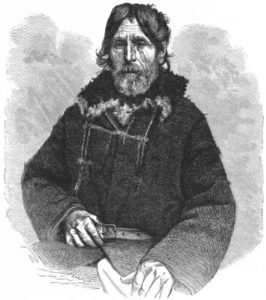 Igor Stravinsky
Igor Stravinsky
Renard; an Histoire burlesque
Tenor 1: William Rowland
Tenor 2: Alexander Gebhard
Baritone 1: Eunseog Lee
Baritone 2: Frederick Crowley
William Walton
The Bear; an Extravaganza
Madam Popova: Johanna Harrison
The Bear: Daniel Tate
Luka: Frederick Crowley
Conductor: Chloe Rooke
Director: Michael Burden
9 & 10 March 2017 8.30pm
New College Ante-Chapel
Tickets £12/£7 from https://www.ticketsource.co.uk/newchamberopera
Or on the door
William Walton’s The Bear and Igor Stravinsky’s Renard, have more in common than it might appear for, both are based on Russian tales: Walton’s ‘Extravaganza’ uses Chekhov’s play of the same name as its source, while Stravinsky’s ‘Histoire burlesque’ was based by the composer on Russian folk tales from a collection by Alexander Afanasyev. The full title of Renard can be translated as The fable of the Vixen, the Cock the Cat and the Ram, which is a vicious moralizing tale, satirising both religion and the Church. The Cock is caught twice by the Fox, and is twice rescued by the Cat and the Ram; after the second rescue, the Cat and Ram kill the Fox. The Bear is a more light- hearted piece, and tells the story of Popova, who has been recently widowed. However, her attempts to remain faithful to her husband receive a blow as it emerges that Popov was promiscuous and unfaithful. One of her husband’ creditors, Smirnov, arrives; he is boorish and crass (the Bear), but Popova falls in love with him, and the opera ends with Luka, the servant looking aghast at the turn of events. The Bear, a Koussevitzky commission, premiered at Jubilee Hall, Aldeburgh, on 3 June 1967; Renard was commissioned by Princesse Edmond de Polignac and was ï¬rst performed in Paris on 18 May 1922, by the Ballets Russes.
 New Chamber Opera
New Chamber Opera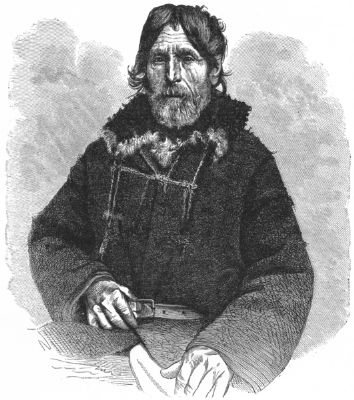
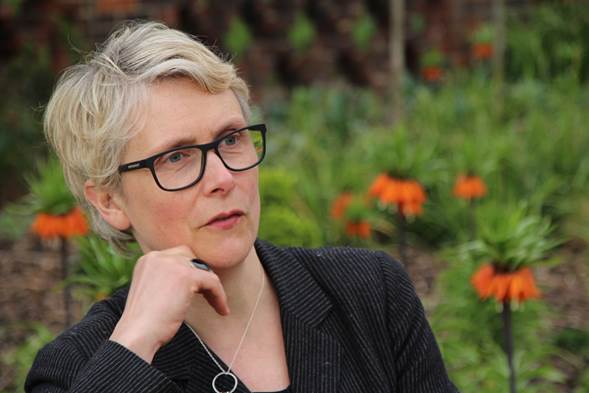
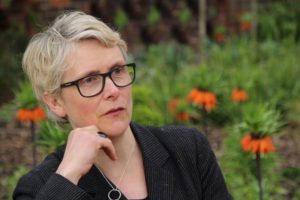
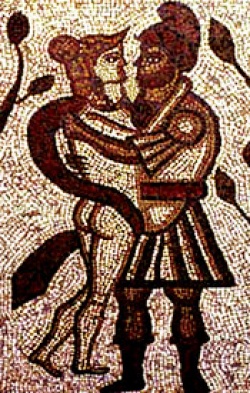
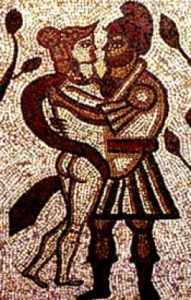
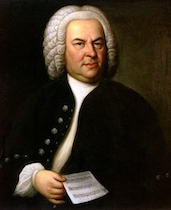
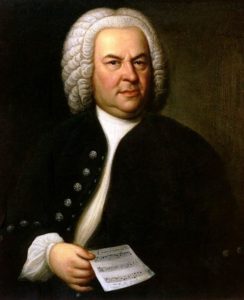 Bach:
Bach: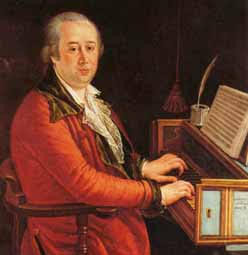
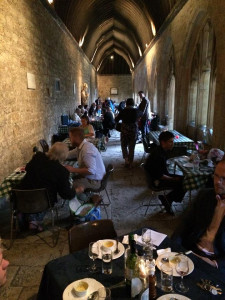 Libretto by Giuseppe Petrosellini; Translation by Simon Rees
Libretto by Giuseppe Petrosellini; Translation by Simon Rees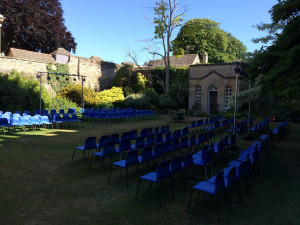 The Parisian Painter
The Parisian Painter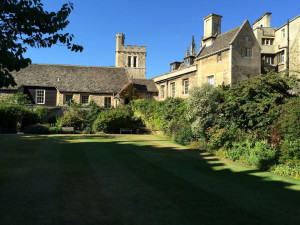 Repetiteur: James Orrell
Repetiteur: James Orrell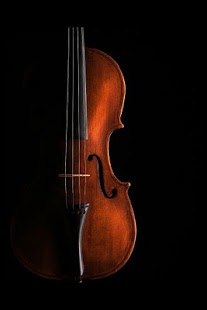
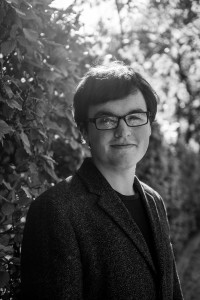 Marco Galvani
Marco Galvani